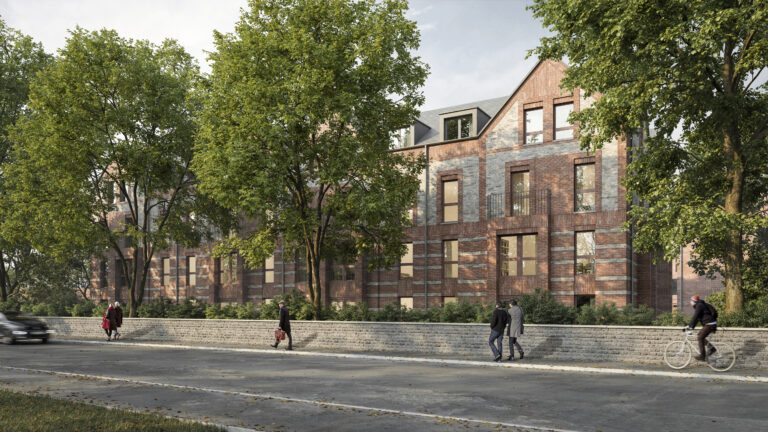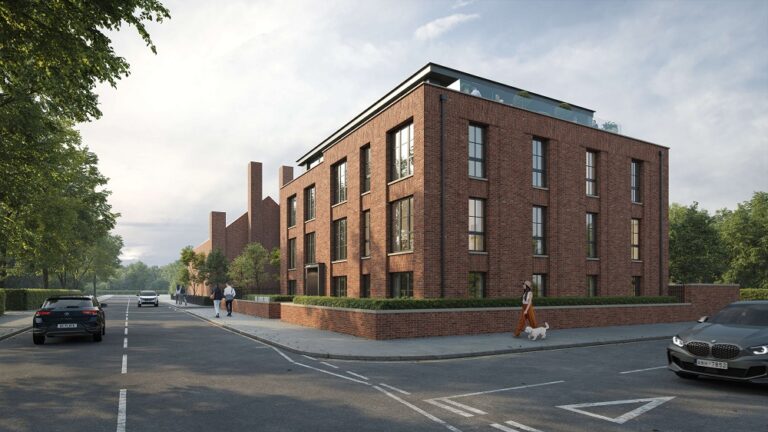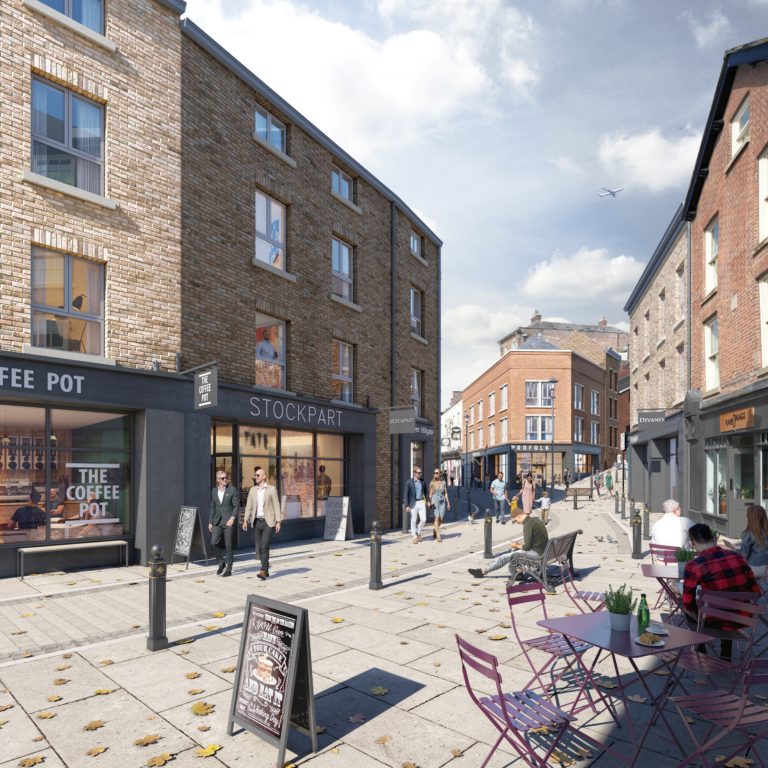Yesterday’s Autumn Budget revealed that five new “garden towns” would be built as part of the government’s plan to build more affordable housing.
As Philip Hammond set out the plans to build 300,000 new houses a year, at a cost of £44bn, he also said: “We will use new town development corporations to kick-start five new locally agreed garden towns in areas of demand pressure.”
It is unclear yet exactly where the new garden towns will be, but he said that up to a million homes would be created in the Cambridge-Milton Keynes-Oxford corridor – an area recognised as “one of the most significant growth corridors in the country”.
What is a garden town?
According to the Town and County Planning Association (TCPA), a garden town or city is a “holistically planned new settlement which enhances the natural environment, tackles climate change and provides high quality housing locally and accessible jobs in beautiful, healthy and sociable communities”.
The concept in the UK was first introduced in 1898 by Sir Ebenezer Howard, who hoped to create an alternative for people living in crowded, industrial cities. Letchworth Garden City was the first one built, followed by Welwyn Garden City, both in Hertfordshire.
Garden towns are classed as developments of more than 10,000 homes, all of which are purpose-built on an area of land, and provide inhabitants with their own shops and local amenities. Though they are self-contained, they offer good accessibility to other areas for work (many are located within commuter distance of London or other major towns and cities), as well as access to rural areas and countryside.
After World War II, the concept grew in popularity with the New Towns Act, which created more than 20 new towns across the UK, providing homes for around two million people.
Why are they being built now?
Along with the new rules on stamp duty giving first-time buyers a break, the Budget announcement saw an onus placed on helping young people in general, to get Britain “fit for the future”.
One positive of the new garden towns being built is that they offer more affordable housing, enabling more young people to get on the property ladder.
Another benefit is that the new-builds will be cheaper to run as they will be more energy-efficient, as well as better for the environment, which is one of the key principles of a garden city.
The TCPA says garden cities must include “development that enhances the natural environment, providing a comprehensive green infrastructure network and net biodiversity gains, and that uses zero-carbon and energy-positive technology to ensure climate resilience.”
The housing shortage in the UK has been a much-discussed topic in recent years, and creating garden towns will go some way towards relieving this. The package to be provided by the government, set out in the Budget, will include £1.2bn for the government to buy land it can then build homes on, and £2.7bn for the infrastructure needed to support the housing.
The government also wants to protect the greenbelt as much as possible when building the new towns. Earlier this year, when more garden cities were proposed, Shaun Spiers, the chief executive of the Campaign to Protect Rural England, backed the concept.
“Done well, with genuine local consent, garden villages and towns can help tackle the housing crisis,” he said. “They can be preferable to what is currently happening in too many parts of the country – poor quality developments plonked on the countryside, in the teeth of local opposition and in defiance of good planning principles.”










